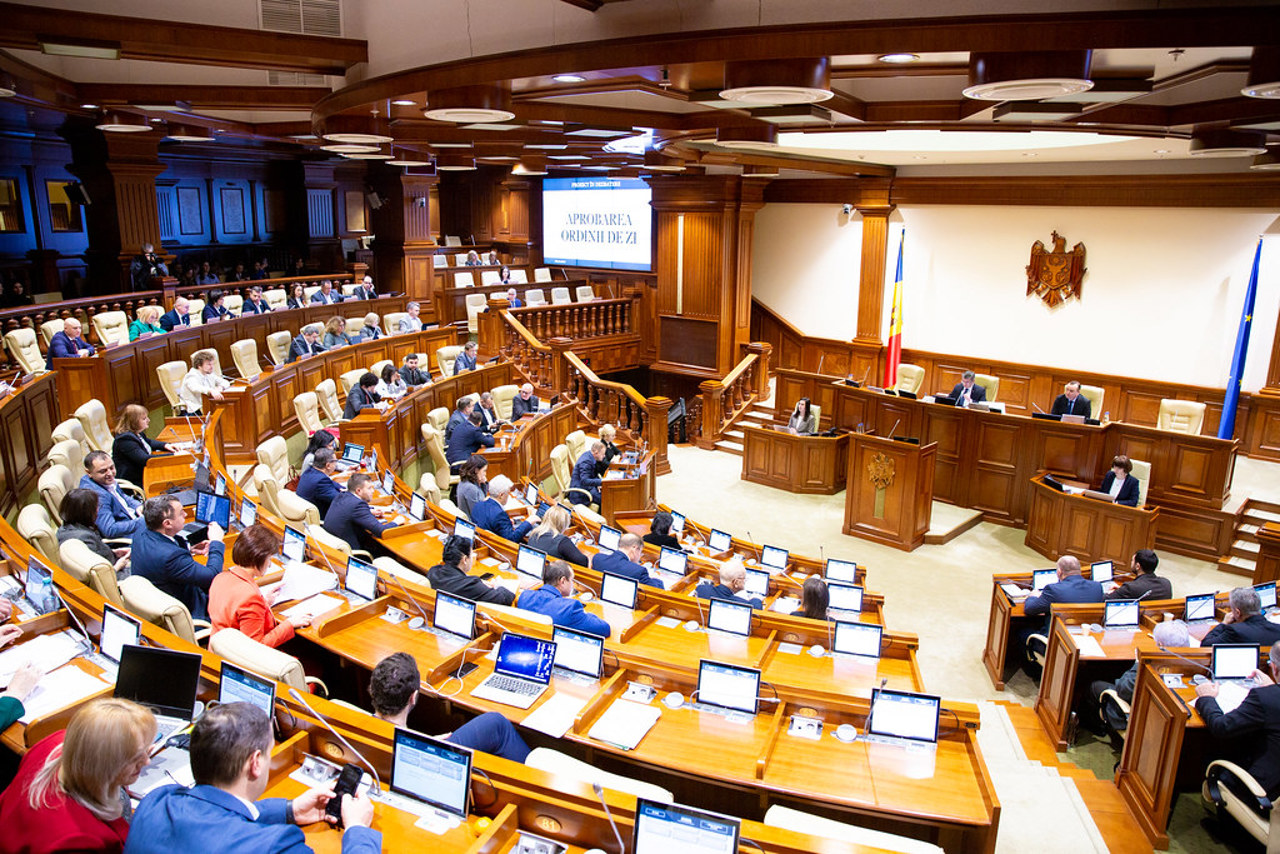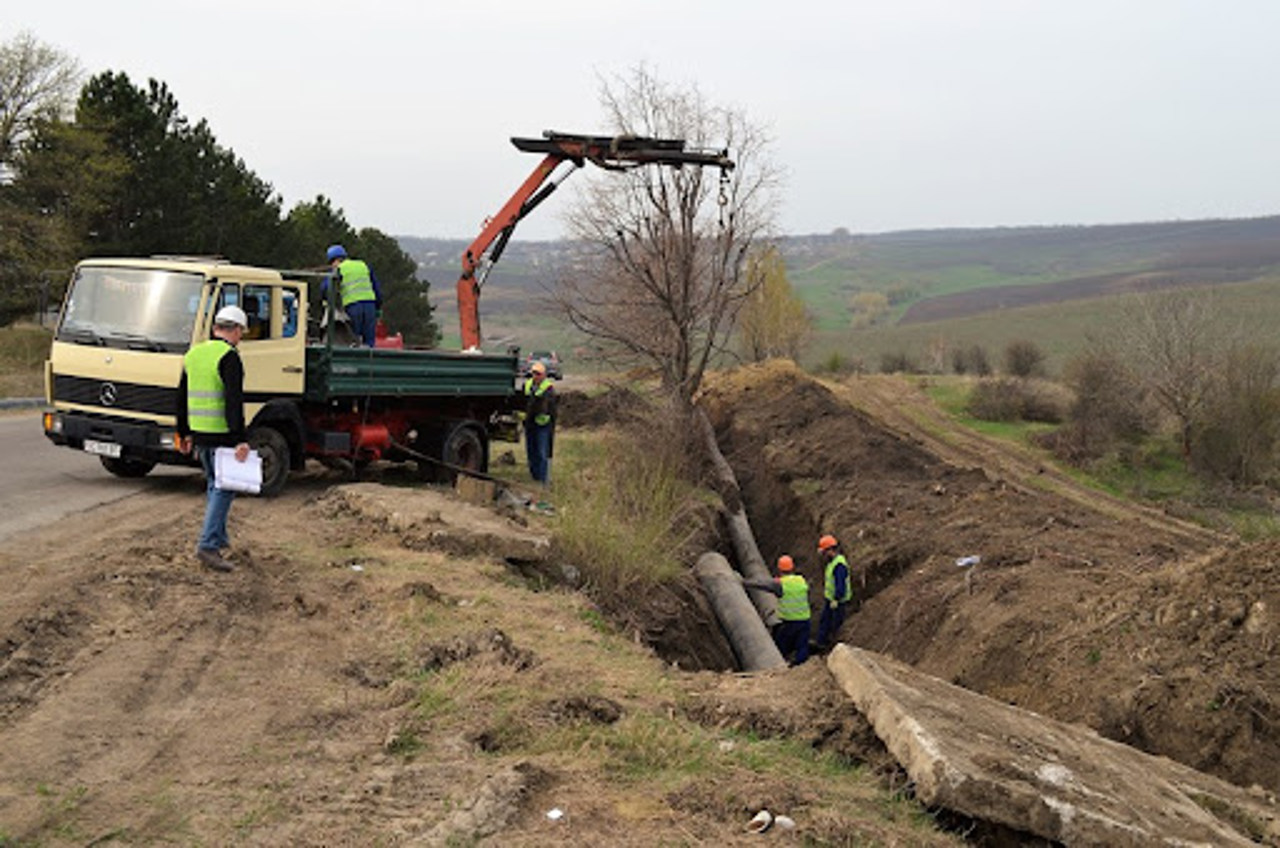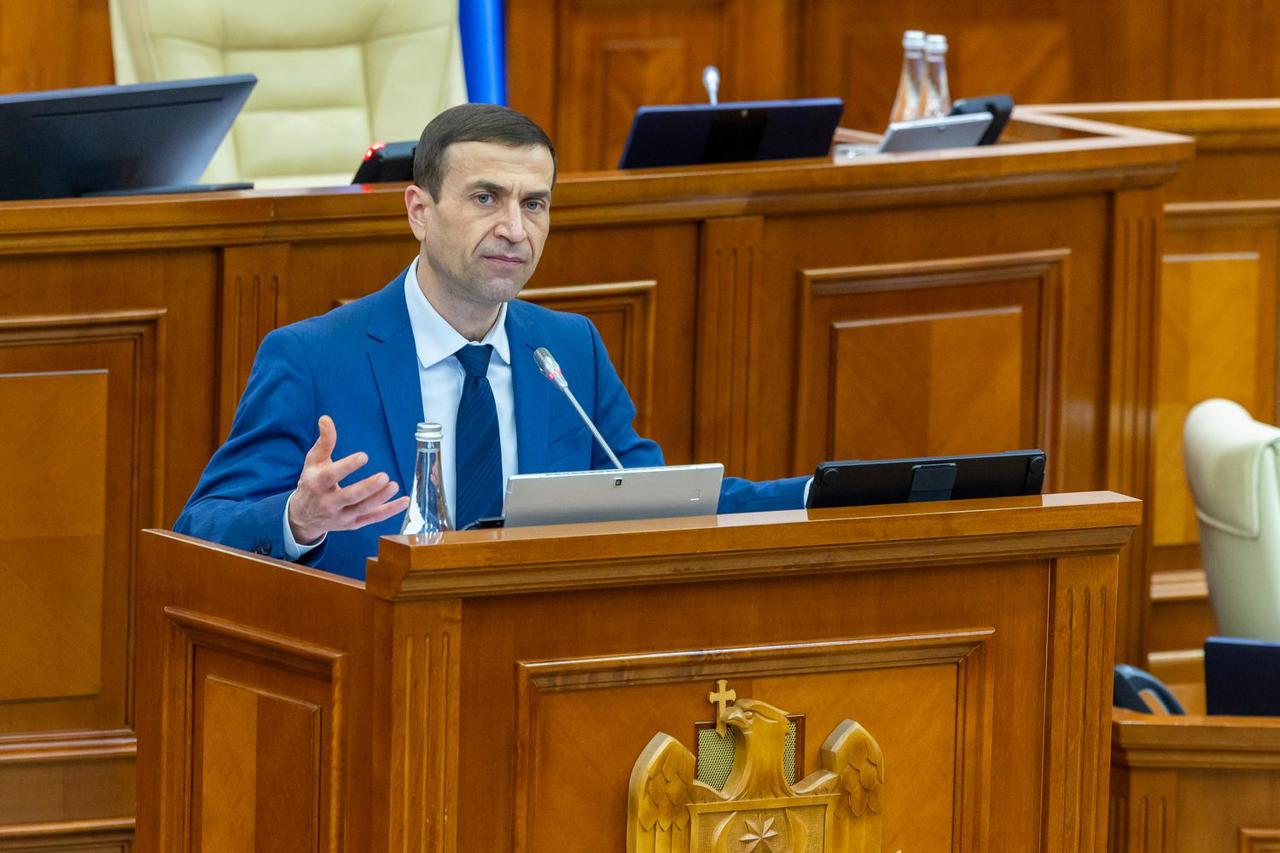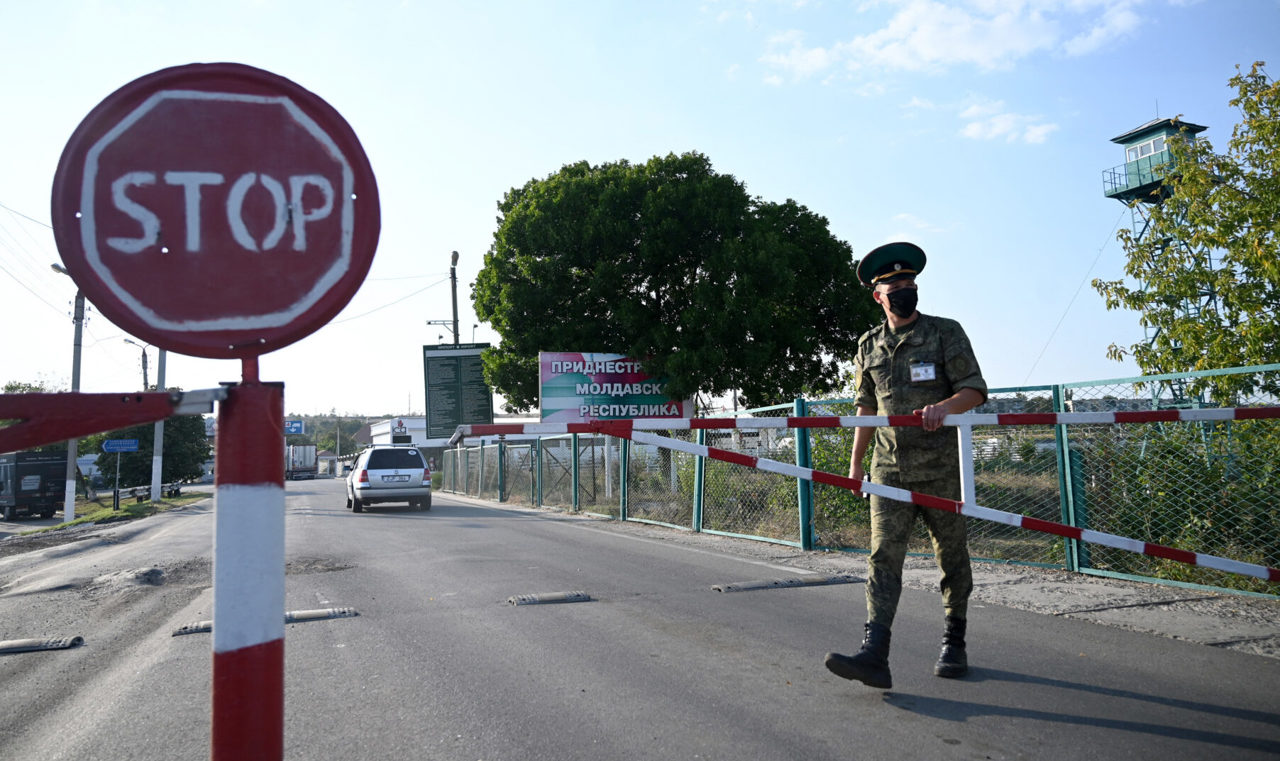Moldova's CC decision to allow outlawed Shor party to participate in elections sparkes political disputes
The decision by the Constitutional Court to allow members of the banned party Șor to participate in elections and the Legislature's decision to introduce new amendments to the Electoral Code have ignited conflicting discussions among lawmakers in the parliamentary majority and the opposition.

While some argue that there are no clear rules "for political and electoral processes" in the Republic of Moldova, others firmly state that "representatives of criminal groups cannot defile the country's European path."
Before approving the agenda for the Parliament session, which includes only one item, namely the bill on amending the Electoral Code, the Vice President of the Legislature, Vlad Bătrîncea, delivered a speech. He called for the cancellation of the state of emergency extension decision. According to him, state institutions are functional "with a clear and imperative mandate." He also criticised the involvement of the Commission for Exceptional Situations in the process of amending the Electoral Code.
"The Commission was created by Parliament to deal with and resolve energy crises, social and other community crises. We have the Central Electoral Commission (CEC) to oversee the activities of political parties and to sanction these political parties. There is a court, and in the future, the Republic of Moldova does not have clear rules for either political or electoral processes, laws lack stability and predictability (...). We have reached a total absurdity when first the Constitutional Court approves one decision, and later another. Today, the image of the Constitutional Court is severely damaged."
"Strange decision that those who are bought on a conveyor belt by some deputies from the BCS faction. For the first time in political history, we have this phenomenon in which an opposition party buys deputies from another opposition party, and those from whom the deputies are bought, instead of condemning and participating in the counteraction to this phenomenon, they try to juggle politically," responded PAS deputy Lilian Carp.
Later, the President of the Parliament, Igor Grosu, intervened with a response. He emphasised that it is the responsibility of the authorities to remove individuals with a criminal record from electoral processes.
"We carefully examined the decision of the Constitutional Court, and we will respond to those comments and how to intervene so that, on the one hand, they respect the right to run for office, and on the other hand, we have the assurance and certainty that bandits, representatives of organised criminal groups, almost openly supported by the Russian Federation, do not defile our electoral process and our European path," concluded Igor Grosu.
Translation by Iurie Tataru





